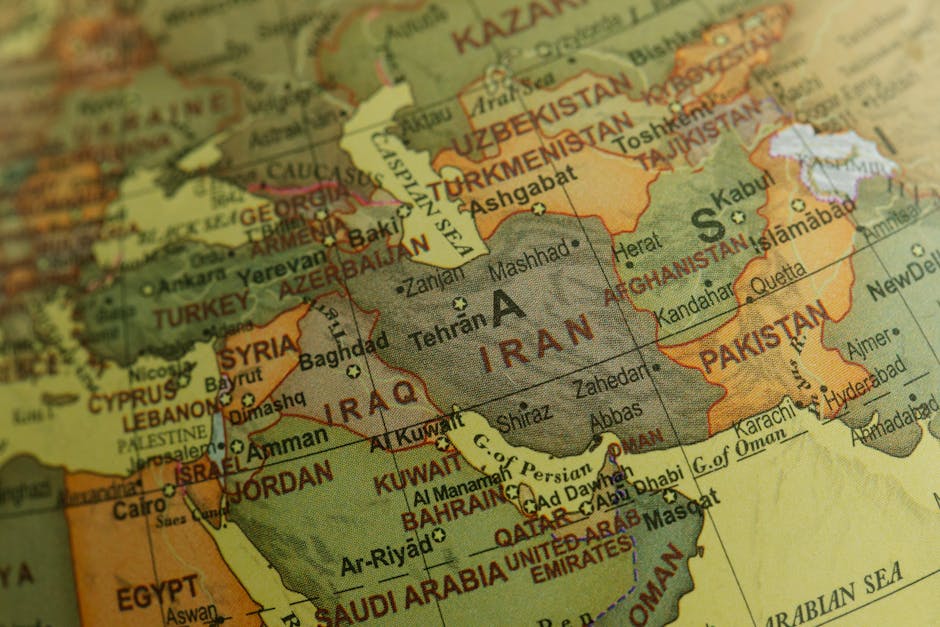In a significant diplomatic breakthrough, Afghanistan and Pakistan have agreed to an immediate ceasefire, as announced by the Qatari Foreign Ministry. This development marks a crucial step toward de-escalating tensions between the two neighboring nations, which have been embroiled in border disputes and cross-border skirmishes for years. The agreement was brokered with the mediation of Qatar, which has emerged as a key player in facilitating peace talks in the region.
The announcement comes amidst growing concerns over the volatile security situation along the Afghanistan–Pakistan border, which has seen frequent clashes between Taliban-led Afghan forces and Pakistani military personnel. The tensions have been fueled by accusations from both sides, with Pakistan alleging that the Afghan Taliban provides safe havens for militants targeting its security forces, while Afghanistan has accused Pakistan of supporting insurgent groups operating within its territory.
The Qatari Foreign Ministry, in a statement, expressed optimism about the ceasefire agreement, describing it as a “positive step toward fostering peace and stability in the region.” The ministry also emphasized the importance of dialogue and diplomacy in resolving long-standing conflicts and urged both parties to adhere to the terms of the ceasefire.
Background of the Conflict
The Afghanistan–Pakistan border, often referred to as the Durand Line, has been a contentious issue for decades. The disputed boundary, drawn during British colonial rule, has never been formally recognized by Afghanistan. This has led to frequent clashes and a lack of cooperation on border management.
The situation worsened after the Taliban’s return to power in Afghanistan in August 2021. The new Afghan government’s relationship with Pakistan has been fraught with mistrust, despite initial hopes that the Taliban’s rise would lead to closer ties between the two nations. Instead, cross-border attacks and accusations of harboring militant groups have dominated the bilateral relationship.
Qatar’s Role in Mediation
Qatar has played a pivotal role in mediating between Afghanistan and Pakistan, leveraging its influence as a neutral party with strong ties to both nations. Doha has long been a hub for Afghan peace talks and has maintained open channels of communication with the Taliban leadership. Its efforts to broker this ceasefire underscore its growing diplomatic clout in the region.
The Qatari Foreign Ministry has called on the international community to support the ceasefire and encourage both Afghanistan and Pakistan to engage in sustained dialogue. The ministry also highlighted the importance of addressing the root causes of the conflict, including border disputes and the presence of militant groups.
Regional Implications
The ceasefire agreement is expected to have far-reaching implications for regional stability. A reduction in tensions between Afghanistan and Pakistan could pave the way for greater cooperation on issues such as counterterrorism, trade, and refugee management. It could also create a more conducive environment for international efforts to address the humanitarian crisis in Afghanistan, which has been exacerbated by economic instability and the withdrawal of foreign aid.
However, skepticism remains about the long-term viability of the agreement. Both Afghanistan and Pakistan have a history of fragile ceasefires that have often been violated. Analysts warn that without addressing the underlying issues, the ceasefire may prove to be a temporary respite rather than a lasting solution.
The Road Ahead
The immediate focus will be on ensuring compliance with the ceasefire terms and preventing any escalation. Both Afghanistan and Pakistan have expressed a willingness to engage in further dialogue, but the success of these efforts will depend on their ability to build trust and address mutual grievances.
For the international community, this development presents an opportunity to support peace-building initiatives in the region. Countries with influence in South Asia, including India, China, and the United States, are likely to monitor the situation closely and may play a role in facilitating future negotiations.
In conclusion, the Afghanistan–Pakistan ceasefire agreement, brokered by Qatar, is a welcome step toward reducing tensions in a volatile region. While challenges remain, the deal offers a glimmer of hope for a more peaceful and stable future. As both nations move forward, the world will be watching to see if this ceasefire can serve as a foundation for lasting peace.
The New Indian Express will continue to monitor this developing story and provide updates as more information becomes available.




